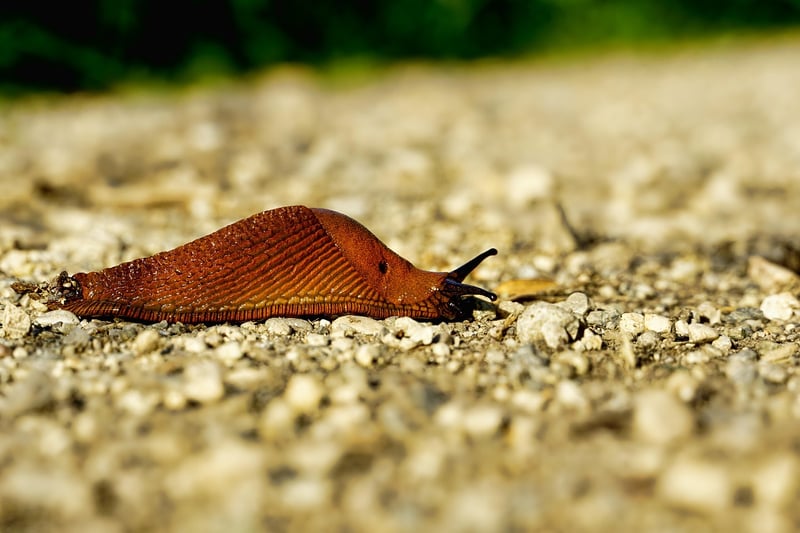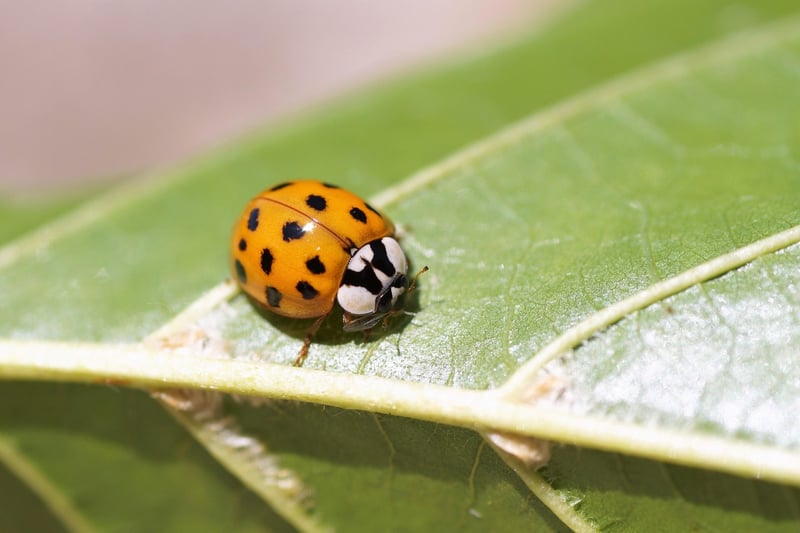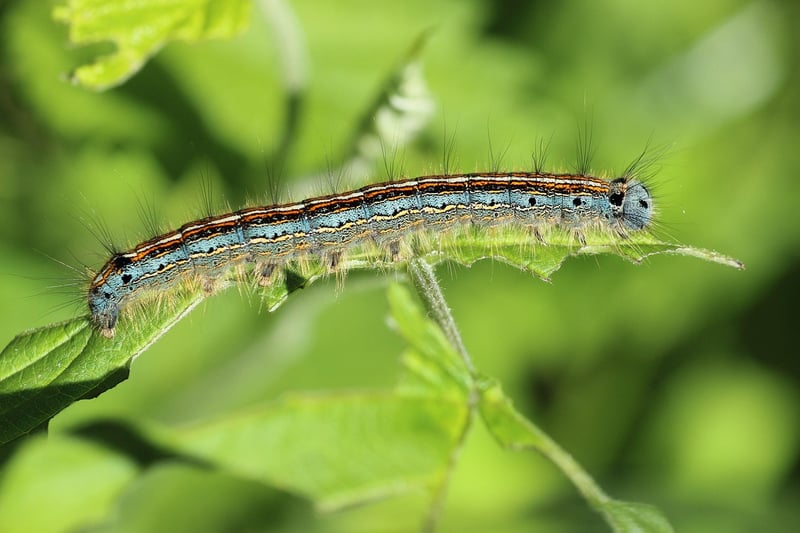Preventive Measures
Dealing with Garden Pests: Effective Strategies and Preventive Measures
Gardening is a rewarding and relaxing hobby, but dealing with garden pests can be a frustrating challenge for any gardener. Whether you're growing vegetables, flowers, or herbs, pests like aphids, snails, and caterpillars can wreak havoc on your plants. However, with the right strategies and preventive measures, you can protect your garden and ensure a bountiful harvest. Let's explore some effective ways to deal with garden pests and prevent infestations.
Identifying Common Garden Pests
Before you can effectively tackle garden pests, it's essential to identify the most common culprits. Some of the most prevalent garden pests include:
- Aphids: These small, pear-shaped insects feed on plant sap and can quickly multiply, causing damage to leaves and stems.
- Snails and Slugs: These slimy pests can devour young seedlings and leaves, leaving behind a trail of destruction.
- Caterpillars: The larvae of butterflies and moths, caterpillars can munch on foliage and flowers, impacting the overall health of your plants.
Effective Strategies for Pest Control
Once you've identified the pests in your garden, it's time to take action. Here are some effective strategies for controlling garden pests:
- Handpicking: For larger pests like caterpillars and beetles, handpicking them off your plants can be an effective control method.
- Neem Oil: Neem oil is a natural insecticide that can help repel and control a variety of garden pests without harming beneficial insects.
- Beneficial Insects: Introduce beneficial insects like ladybugs and lacewings to your garden to prey on harmful pests naturally.
- Barriers: Use physical barriers like row covers or copper tape to protect your plants from pests like snails and slugs.
Preventive Measures to Protect Your Garden
Prevention is key when it comes to dealing with garden pests. Here are some preventive measures you can take to protect your garden:
- Cultivate Healthy Plants: Healthy plants are more resilient to pest attacks, so ensure proper watering, fertilization, and soil health.
- Rotate Crops: Avoid planting the same crops in the same location year after year to disrupt pest life cycles.
- Clean Garden Debris: Remove fallen leaves, weeds, and other debris that can harbor pests and their eggs.
- Companion Planting: Planting pest-repellent herbs like basil and marigold alongside your vegetables can help deter pests.
With these effective strategies and preventive measures, you can protect your garden from pesky invaders and enjoy a flourishing garden all season long.
Remember, a healthy garden is a happy garden!



